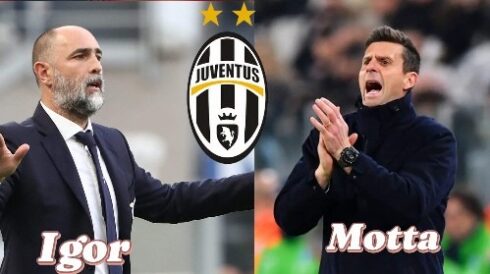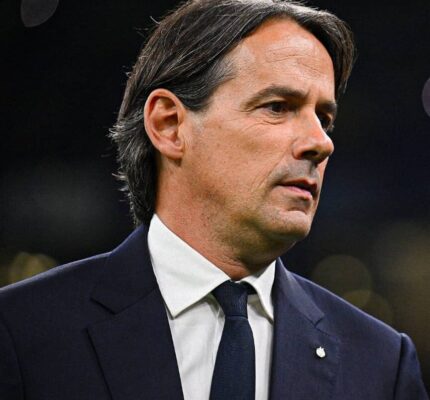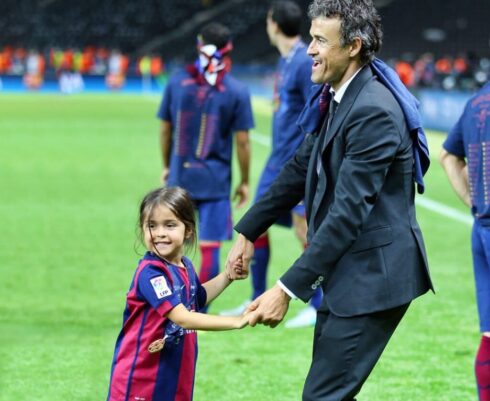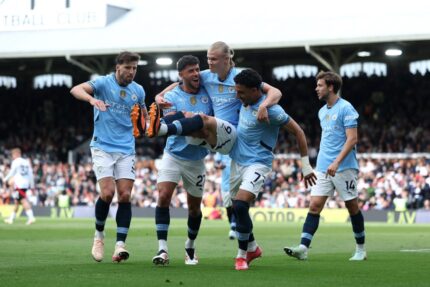It seems Juventus has finally run out of patience. Thiago Motta, the once-promising managerial appointment, has officially been shown the door after a string of catastrophic performances. The final nail in the coffin? A humiliating 4-0 drubbing at home against Atalanta, followed by a 3-0 away defeat to Fiorentina. These results not only dented Juventus’ pride but also saw them slump to fifth place in Serie A, now trailing league leaders Inter Milan by a staggering 12 points.
Motta’s reign lasted a mere eight months, a period marked by tactical inconsistencies, an apparent disconnect with key players, and, ultimately, a failure to meet the club’s sky-high expectations. Juventus, a club historically allergic to mediocrity, decided it was time to cut their losses before their Champions League hopes went completely up in smoke.
Igor Tudor Returns: A Familiar Face with a Mission
In a move that seems straight out of a footballing soap opera, Juventus has turned to one of their own—Igor Tudor. The Croatian, who spent a large chunk of his playing career donning the black and white stripes, now steps in as the new head coach. The deal runs until the end of the season, with a renewal clause hinging on his ability to steer the club back into the Champions League.
Tudor brings with him experience from managing Lazio, Hellas Verona, and Udinese. While not the flashiest name in the coaching market, his understanding of Juventus’ culture and Serie A’s tactical battles could prove invaluable. He faces an immediate test against Genoa, where he plans to implement a shift from Motta’s 4-2-3-1 formation to a more dynamic 3-4-2-1 setup.
Dressing Room Drama: What Went Wrong for Motta?
While poor results were the official reason for Motta’s departure, whispers from inside the dressing room suggest deeper issues. Reports indicate that his relationship with several key players had soured over time. Tactical rigidity, questionable man-management, and a lack of adaptability contributed to growing frustrations within the squad.
Juventus’ notoriously demanding fanbase also played a role. When the team was winning, Motta’s methods were accepted, albeit with skepticism. But as the losses piled up, so did the criticism, and the club had little choice but to pull the trigger.
Tudor’s Tactical Gamble: From Stability to Aggression
One of Tudor’s first tasks will be restructuring Juventus’ tactical approach. Under Motta, the team often looked too predictable, lacking the intensity and defensive solidity that has long been their hallmark. Tudor’s preferred 3-4-2-1 formation aims to bring more balance, allowing for better defensive coverage while enhancing attacking fluidity.
This shift could be crucial in reviving players who have struggled under Motta’s system. The likes of Federico Chiesa and Dusan Vlahovic may find themselves in more favorable positions, while the midfield will have added responsibilities in dictating play.
Juventus: The Road Ahead
Juventus’ immediate goal is crystal clear—secure a top-four finish and ensure Champions League qualification. Anything less would be catastrophic, both financially and in terms of the club’s reputation. Tudor’s appointment is a gamble, but one the club believes is worth taking given the dire state of affairs.
With tough fixtures ahead, Juventus fans will be hoping Tudor can instill some much-needed grit and determination into the squad. If he succeeds, a long-term contract could be in the cards. If not, the club may find itself back at square one, searching for yet another savior.
One thing is for sure—there’s never a dull moment at Juventus!














